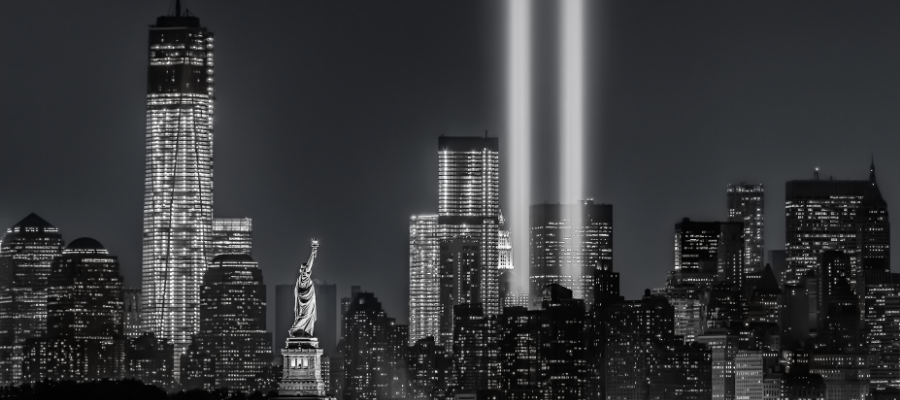Ethics in War
Sep 27, 2005After World War II the Nurenberg trials and the conventions that arose out of them codified the idea that there are right and wrong ways to wage war.

We like to think that terrorism is always wrong. But what if the cause is just? Do the ends ever justify the means? And how do we define "terrorism" anyway?
What is terrorism? As used in modern journalism, it requires three things: non-state actors, a political agenda, and the intentional killing of innocents. How are civilian deaths in terrorism different from collateral damage in, say, war? Ken introduces Alan Dershowitz, professor of law at Harvard. Is terrorism ever morally justifiable? Dershowitz explains why state sponsored warfare and is not as bad as terrorism. Dershowitz explains why he thinks that terrorism is not always wrong.
What philosophical views are useful for thinking about terrorism? Dershowitz answers that he would not want a single ethical view to dominate thinking about ethical matters. Is torture justified if it means that you can find a ticking time bomb by torturing a suspect? Dershowitz thinks that it can be justified in certain circumstances. John explains how Dershowitz's utilitarian views play into his philosophy. Dershowitz explains why he thinks that the distinction between civilian and military should be changed to a continuum of civilianness. Have there been any successful uses of terrorism? Is terrorism rational? Ken and Dershowitz both think that it is rational, although it is not the only rational course of action.
Should state-sponsored action be included in the definition of terrorism? Dershowitz thinks it should, as a lot of terrorism has historically been state-sponsored. Ken says that the notion of state-sponsorship has changed. Now groups are hosted by a state without being sponsored and they can use new communication technology to organize. Is “terrorist” just a negative version of “freedom fighter”? Dershowitz distinguishes between groups that fight against occupying armies and groups that kill civilians. Dershowitz and Ken introduce the principle of double effect to explain the morality of killing a terrorist on a plane.